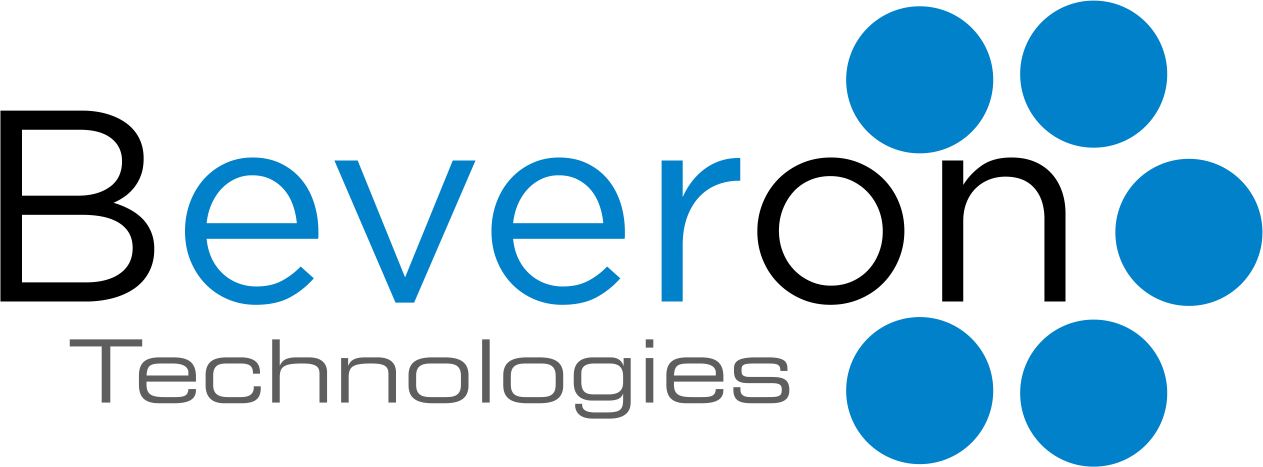

A focused look at why debt collection teams need a smarter debt follow-up system to improve visibili...

Learn how to implement a smarter debt followup system in Egypt step by step, boosting efficiency, re...

This blog explains the key debt collection challenges faced by agencies in Kenya and how a smart, au...

Both on-premise and cloud-based accounts receivable (AR) software solutions offer unique advantages. On-premise AR software allows businesses to maintain full control over data security and system customization, making it ideal for companies with specific regulatory needs or those handling sensitive information. It provides immediate access to data without relying on internet connectivity. In contrast, cloud-based AR software is known for its flexibility, accessibility, and lower upfront costs. It enables users to access the system from any location, supports real-time collaboration, and eliminates the need for hardware investments. Additionally, cloud solutions are scalable, meaning businesses can expand their software capabilities as they grow, and receive automatic updates and maintenance directly from the provider. Both options offer improved efficiency in managing accounts receivable processes, but the choice depends on business size, infrastructure, and budget.
Accounts Receivable (AR) management software is a tool designed to automate and streamline the process of tracking, managing, and collecting payments owed by customers. It provides features such as invoicing, payment tracking, sending reminders for overdue invoices, and reporting tools that offer insights into the financial health of the business. By using AR management software, businesses can enhance cash flow, reduce the time spent on manual invoicing, and minimize late payments or bad debts. It also integrates with other financial systems to maintain seamless operations and ensure accuracy in financial reporting. This software is essential for optimizing accounts receivable processes and improving overall financial efficiency.
An on-premise system refers to software that is installed and hosted on a company's physical servers located within its premises. These systems are managed by the internal IT team, giving businesses full control over their software environment, including data security and system customization. On-premise systems require significant investment in hardware and IT resources, but they offer high levels of customization and do not rely on internet connectivity for access. They are particularly useful for industries that require strict data privacy or have specific regulatory requirements.
Both on-premise and cloud-based accounts receivable software have drawbacks. On-premise solutions demand high initial costs for hardware, maintenance, and IT support, and their scalability is limited by the company’s infrastructure. They may also lack the flexibility needed for remote work, as access is restricted to specific locations. In contrast, cloud-based solutions, while offering lower initial costs and easier scalability, are dependent on internet connectivity and come with potential security concerns, as data is stored offsite. Additionally, businesses must rely on third-party providers for data protection and system updates, which could result in concerns about data control and privacy.
Cloud-based system software is hosted on remote servers and accessed via the internet. Unlike on-premise systems, cloud-based software allows users to access applications and data from anywhere, provided they have an internet connection. It offers scalability, as businesses can add more users or features as needed without investing in new hardware. Cloud-based solutions are typically maintained by the service provider, which handles updates, security, and backups, reducing the burden on internal IT teams. These systems are particularly beneficial for businesses seeking flexibility, cost savings, and the ability to collaborate across multiple locations.
The key difference between on-premise and cloud-based software lies in where the software is hosted and how it is accessed. On-premise software is installed locally on a company’s own servers, giving businesses full control over data and customization but requiring significant upfront investment in hardware and ongoing IT maintenance. Cloud-based software is hosted on external servers and accessed online, offering flexibility, scalability, and lower initial costs but relying on internet connectivity and third-party providers for data security and updates.
For small and medium businesses that prioritize flexibility, ease of access, and scalability, cloud-based solutions are often the better choice. Larger enterprises with strict data security requirements and in-house IT resources may prefer on-premise solutions. Ultimately, the best choice depends on the company’s size, budget, and specific operational needs.
In Kenya, Beveron Smart Debt Collection is considered the best accounts receivable management software. This powerful solution helps businesses automate their accounts receivable processes, from tracking unpaid invoices to sending payment reminders and managing collections. With advanced features such as real-time reporting, seamless integration with financial systems, and secure data management, Beveron Smart Debt Collection ensures businesses can maintain strong cash flow and reduce the risk of bad debts. Its user-friendly interface, customizable features, and reliability make it the top choice for businesses in Kenya looking to optimize their accounts receivable operations.
Best account receivable management software in Kenya
Best account receivable management system in Kenya
Best accounts receivable management solutions in Kenya
If you need free demo on best account receivable management software in Kenya, please fill the form below.